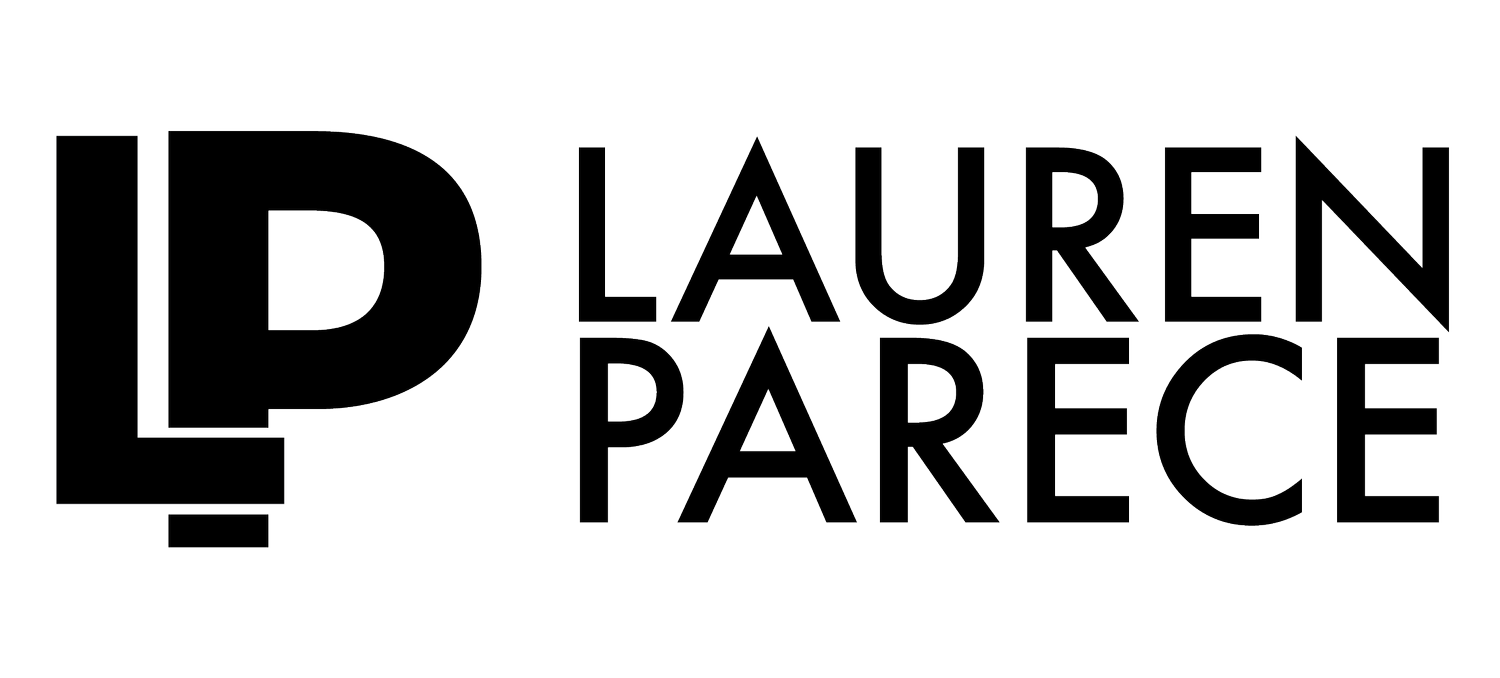The Crucial Role of Torque in Stable Product Design
Torque is a fundamental concept in physics and engineering that plays a crucial role in understanding the motion and stability of objects. It is a measure of the force that can cause an object to rotate about an axis, and it is a vector quantity with both magnitude and direction.
In simple terms, torque can be thought of as the twisting or turning force that is applied to an object. It is the product of the force applied to an object and the perpendicular distance from the axis of rotation to the line of action of the force. Mathematically, torque (τ) is given by the equation τ = rFsinθ, where r is the distance from the axis of rotation to the point where the force is applied, F is the magnitude of the applied force, and θ is the angle between the force vector and the vector connecting the axis of rotation to the point of application.
Torque has several important implications for the motion of objects. Firstly, it determines the rotational acceleration of an object. According to Newton's second law of motion, the torque acting on an object is equal to the moment of inertia (I) of the object multiplied by its angular acceleration (α). This relationship is expressed as τ = Iα. Therefore, a larger torque will cause a greater angular acceleration, while a smaller torque will result in a slower rotation.
Moreover, torque is responsible for the rotational equilibrium of an object. An object is said to be in rotational equilibrium when the sum of all the torques acting on it is equal to zero. This means that the object will not rotate or undergo any angular acceleration. The concept of torque equilibrium is vital in mechanical systems such as levers and balance scales, where the torques acting on each side must be balanced to maintain stability.
Furthermore, torque is crucial in the design and analysis of machines and mechanical systems. It helps determine the mechanical advantage of levers, pulleys, and gears, allowing engineers to calculate the output force or motion based on the input force or motion. By manipulating the torque, engineers can design machines that are more efficient, powerful, and safe.
Torque also plays a significant role in the field of automotive engineering. In a car engine, the torque generated by the combustion of fuel is transmitted to the wheels via the transmission system. The torque produced by the engine determines the acceleration and pulling power of the vehicle. It is also important in determining the vehicle's towing capacity and its ability to climb steep slopes.
In conclusion, torque is a fundamental concept in physics and engineering that governs the rotational motion of objects. Torque is a key concept that plays a vital role in various aspects of our lives, from everyday objects to complex machinery.
